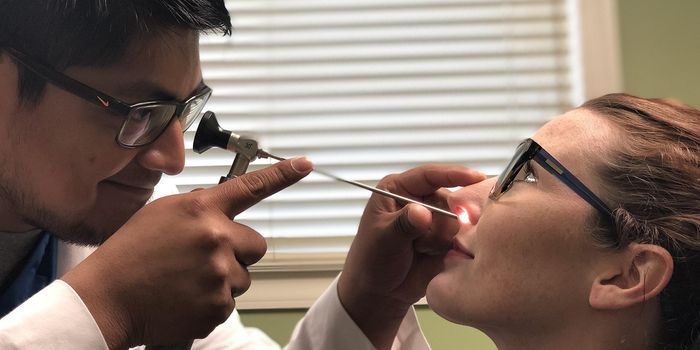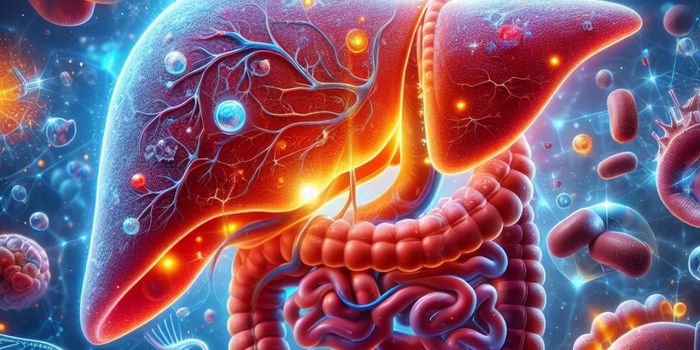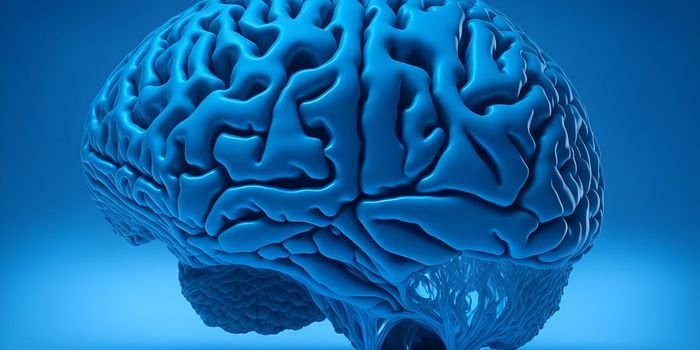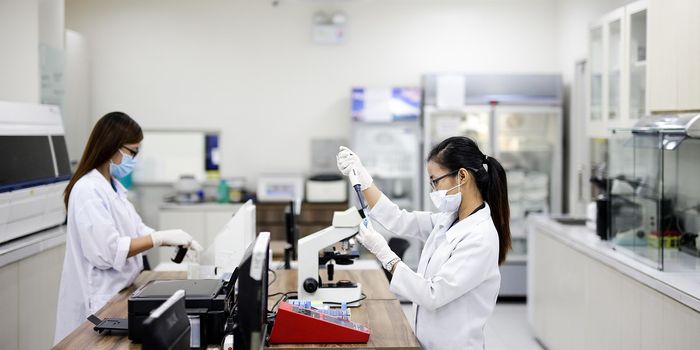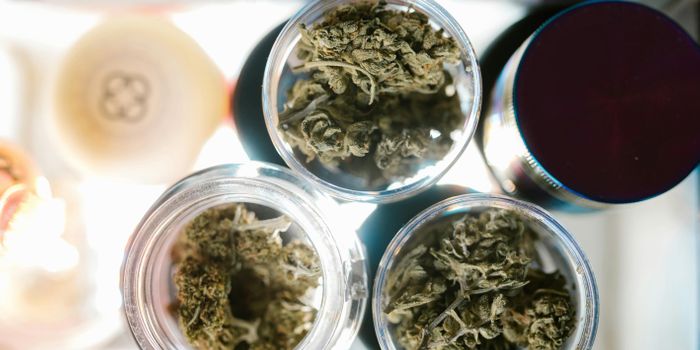Can Marijuana be Toxic?
Many users of marijuana believe that it is relatively safe, particularly because, as believed, one cannot overdose on the drug. The website www.coloradopotguide.com states definitively that "there are also no recorded cannabis deaths due to overdose". However, reports on toxicity, or more accurately, admissions to the hospital to treat "overdose" symptoms are actually increasing according to Drs. Brian Kelly and Thomas Nappe of St. Luke's University Health Services. They recently published a document detailing marijuana toxicity. These symptoms of toxicity are usually referred to as a "bad high" by experienced smokers. Nevertheless, this "bad high" is resulting in greater hospital visits especially due to the legalization of pot in several states. This makes it a public health concern.
Photo Source: pixabay.com
"Toxicity" is a clinical term that refers to symptoms arising from the ingestion of a substance to a toxic level. Toxicity does not equate death, although that could be one of the effects of ingesting a toxic amount of a substance. "Overdosing" means the adverse reaction to a "toxic" dose. Some "overdoses" can be lethal, like in the case of heroin. It has not historically associated with a marijuana "overdose". Today's weed culture, however, includes edibles, synthetics, novice users, and accidental ingestion.
Emergency room patients can be suffering from decreased systemic vascular resistance, elevated heart rate, decreased intraocular pressure, nystagmus, conjunctival injection, lethargy, decreased concentration and generalized psychomotor impairment. And these symptoms are only covering adults who have ingested marijuana via inhalation.
Synthetic marijuana-based products, such as K2 and Spice, are a whole different story. Yes, while the psychoactive effects are similar to marijuana, the risk for toxicity and the severity of the symptoms are much higher. Use of these synthetics has produced toxicity symptoms such as cyclic vomiting, acute psychosis, agitation, seizures, and sedation. In severe cases, hyperthermia, rhabdomyolysis, and renal failure have occurred. And, as opposed to "phytocannabinoids" (compounds derived from the cannabis plant), marijuana synthetics have caused deaths. In April The Washington Post reported severe bleeding in several patients resulting in two deaths.
Photo Source: pixabay.com
Finally, edibles are capable of producing very dysphoric effects if too much is ingested. This is due to the different route of administration through the GI tract. Edibles can produce effects lasting 8 to 12 hours long, up to 4x longer than smoked pot. Eating edibles are thought to produce a more intense high yet also bear a greater risk of overdose. Maureen Dowd, a columnist for the New York Times, wrote an infamous piece on being high on an edible candy bar while she was in Colorado back in 2014. She describes her worsening symptoms of psychosis and eventually came to a point where she "became convinced that I had died and no one was telling me".
The real risk behind edibles is accidental ingestion by children. In Kelly and Nappe's piece, they describe the symptoms in pediatric patients "more concerning" which "can lead to decreased muscle coordination, lethargy, seizures, and even obtundation". Perhaps more regulation of edibles is around the corner. For now, children who have accidentally eaten an edible need to be treated for more critical symptoms than adults. This really makes "marijuana toxicity" a lot more concerning than just a "bad high".
Source: www.coloradopotguide.com, Stat(Pearls)[online], The Washington Post, www.news-medical.net, tonic.vice.com, www.cbc.ca, The New York Times




